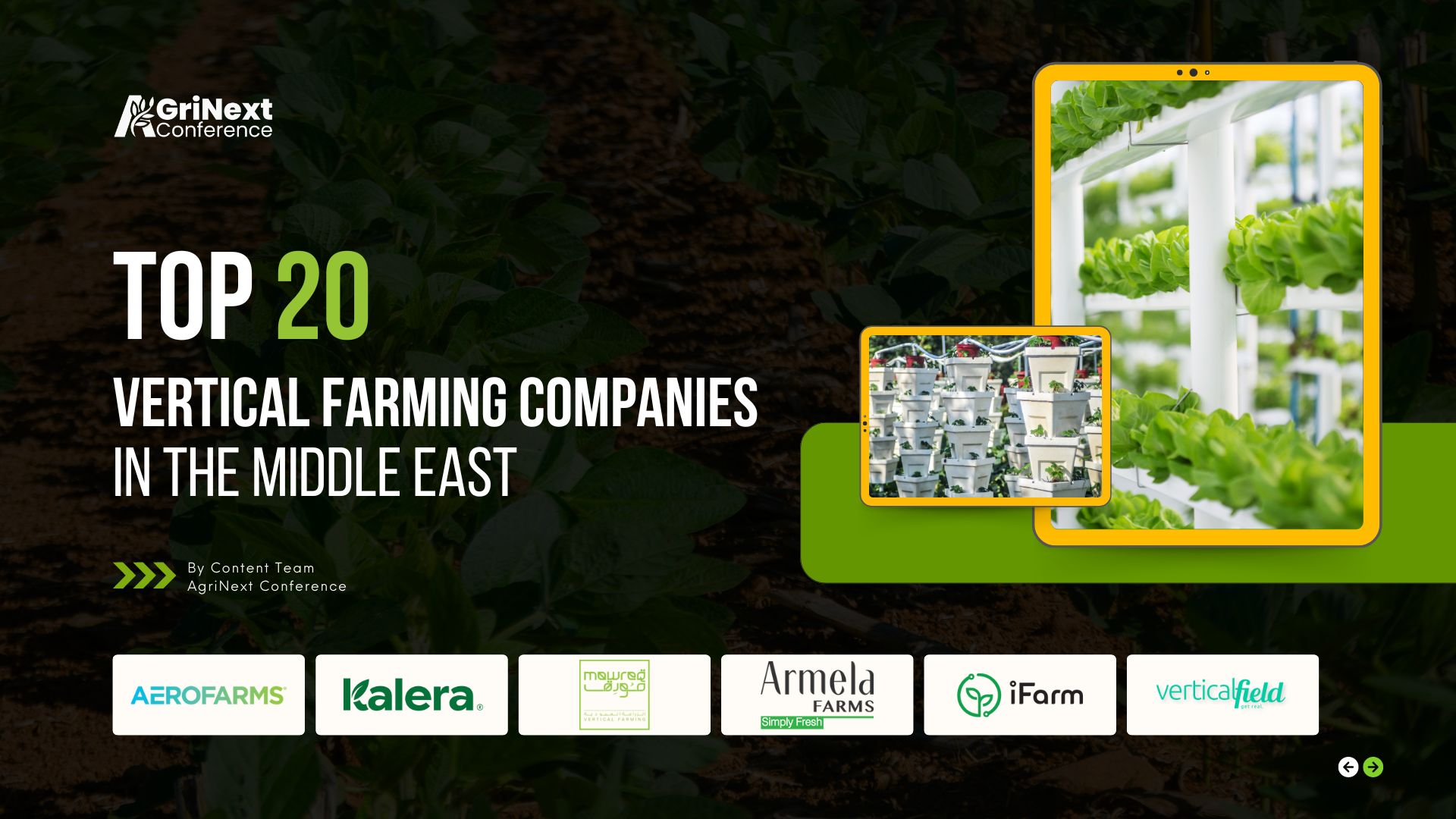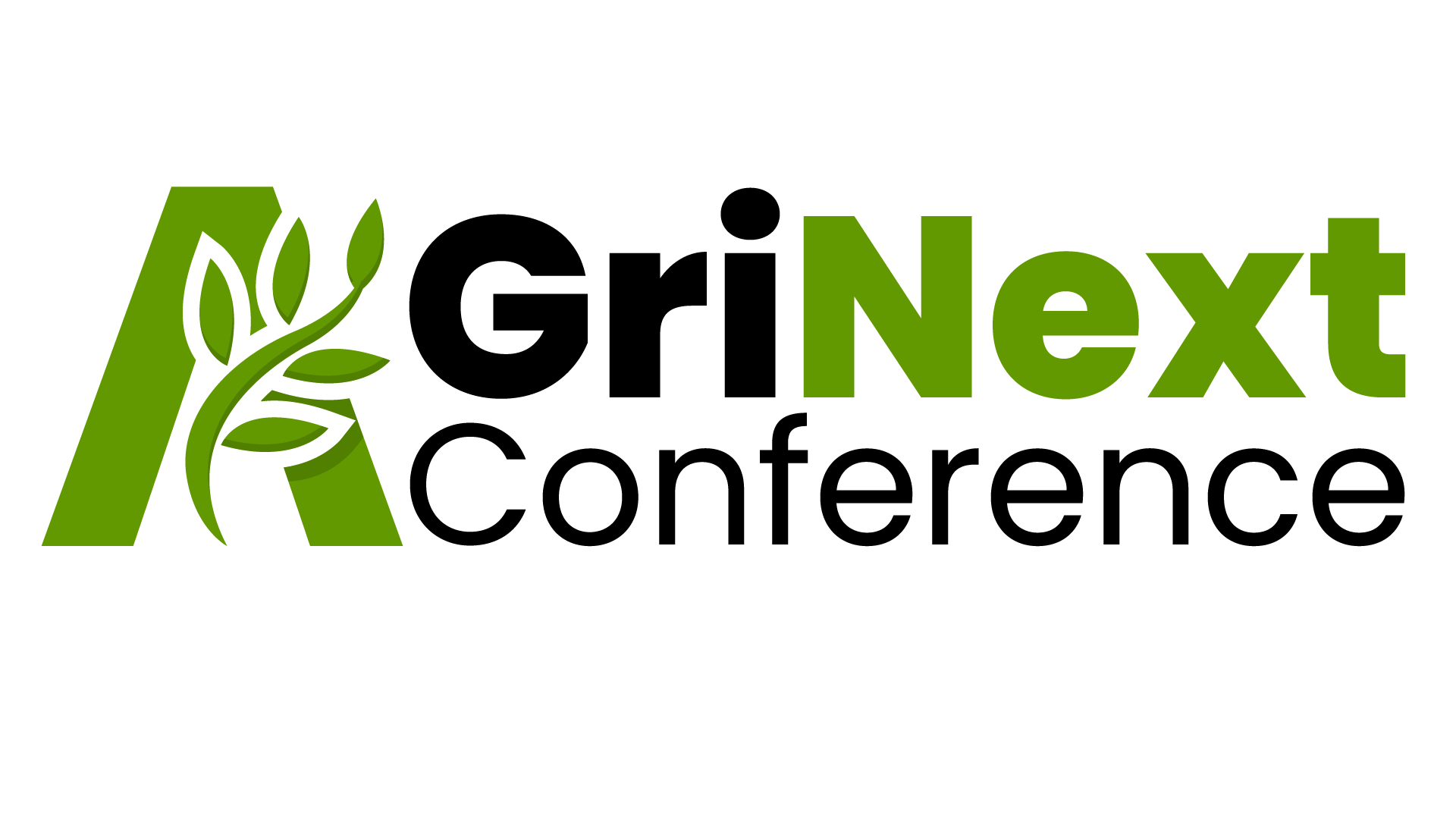
The vertical farming industry in the Middle East is rapidly evolving, driven by the region’s unique agricultural challenges, such as limited arable land, water scarcity, and extreme temperatures. This innovative farming method allows for the cultivation of crops in vertically stacked layers, utilizing advanced technologies like hydroponics and aeroponics, which are crucial for optimizing space and resources in arid environments.
Market Growth and Projections
The vertical farming market in the Middle East and Africa is projected to grow significantly, with estimates suggesting it will reach approximately USD 3.71 billion by 2029, up from USD 1.15 billion in 2024. This represents a compound annual growth rate (CAGR) of about 26.4% from 2024 to 2029. The increasing demand for food production, driven by a growing population and the need for food security, is a primary factor propelling this growth.
Key Developments and Projects
Several countries in the region are making substantial investments in vertical farming:
- United Arab Emirates (UAE): The UAE is a leader in this sector, with notable projects such as Emirates Crop One, which is the world’s largest vertical farm located in Dubai. This facility spans 330,000 square feet and produces around 1 million kilograms of salad crops annually using a closed-loop water system that saves approximately 250 million liters of water each year compared to traditional farming methods.
- Saudi Arabia: The Saudi government has invested in vertical farming to address its limited arable land and water resources. A significant project in Jazan received a $10 million investment, and the country is also developing its largest vertical farm in Riyadh, which is expected to become operational soon.
- Qatar: Similar to its neighbors, Qatar is embracing vertical farming to enhance local food production and reduce dependency on imports, although specific projects are less highlighted compared to the UAE and Saudi Arabia.
Technological Innovations
Vertical farming in the Middle East is characterized by the integration of cutting-edge technologies that enhance efficiency and sustainability. Techniques such as hydroponics and aeroponics allow for soil-less cultivation, significantly reducing water usage—estimates suggest up to 95% less water is required compared to conventional farming. Additionally, these systems can operate in controlled environments, mitigating the impact of external climate conditions.
Trends and Risks
Some key trends and risks to look out for in the vertical farming industry include:
- Increasing adoption of AI and automation: The use of artificial intelligence and automation is streamlining operations and reducing labor costs, contributing to overall efficiency and profitability.
- Expansion of crop varieties: While vertical farming has been primarily focused on leafy greens and herbs, there are efforts to grow a wider range of crops such as tomatoes, strawberries, and chili peppers.
- High initial investment costs: Setting up a vertical farming infrastructure requires significant capital expenditures, which can be a barrier to entry for some players.
- Regulatory scrutiny: Governments are focusing on sustainable agriculture goals and providing financial incentives to encourage the adoption of vertical farming practices.
- Competition from alternative farming methods: While vertical farming is unique, conventional farming and robotic farming can still impact the market, as some farmers may opt for less technologically intensive approaches.
Here, we explore the top 20 vertical farming companies making significant strides in the Middle East.
1. AeroFarms
- Founded: 2004
- Headquarters: Newark, New Jersey, USA
- Size: 65,000 sq ft indoor vertical farm in Abu Dhabi.
- Focus: Indoor vertical farming using aeroponics for leafy greens and herbs.
- Notable Project: AeroFarms AgX, a hub for R&D in arid environments.
2. Crop One Holdings Inc.
- Founded: 2017
- Headquarters: Millis, Massachusetts, USA
- Size: Operates Bustanica, the world’s largest vertical farm at 330,000 sq ft in Dubai.
- Focus: Technology-driven indoor vertical farming with sustainable practices.
3. Kalera Farms
- Founded: 2010
- Headquarters: Orlando, Florida, USA
- Size: Expanding operations in the Middle East.
- Focus: Hydroponic farming emphasizing high-quality greens.
4. Pure Harvest Smart Farms
- Founded: 2017
- Headquarters: Abu Dhabi, UAE
- Size: Large-scale greenhouse operations.
- Focus: High-tech greenhouse solutions for year-round produce.
5. Madar Farms
- Founded: 2015
- Headquarters: Dubai, UAE
- Size: Smaller-scale operations focusing on local markets.
- Focus: Hydroponics and vertical farming solutions.
6. Mowreq
- Founded: 2018
- Headquarters: Saudi Arabia
- Size: Emerging player in vertical farming.
- Focus: Technology and agriculture integration for food security.
7. Bustanica
- Founded: 2021
- Headquarters: Dubai, UAE
- Size: 330,000 sq ft facility.
- Focus: Hydroponic farming producing 1 million kg of crops annually.
8. Armela Farms LLC
- Founded: 2020
- Headquarters: UAE
- Size: Focused on local market operations.
- Focus: Vertical farming tailored to the Middle Eastern climate.
9. iFarm
- Founded: 2017
- Headquarters: Finland (expanding to UAE)
- Size: Emerging presence in the Middle East.
- Focus: Smart vertical farming solutions.
10. AgriCool
- Founded: 2016
- Headquarters: Dubai, UAE
- Size: Focused on urban farming initiatives.
- Focus: Sustainable urban agriculture using vertical farming techniques.
11. Greenhouse Ventures
- Founded: 2019
- Headquarters: UAE
- Size: Start-up phase with ongoing projects.
- Focus: Innovative agricultural solutions and vertical farming.
12. Vertical Field
- Founded: 2016
- Headquarters: Israel (operating in UAE)
- Size: Various modular farming units.
- Focus: Vertical farming solutions integrated into urban environments.
13. Sky Greens
- Founded: 2012
- Headquarters: Singapore (expanding to Middle East)
- Size: Modular vertical farming systems.
- Focus: Sustainable urban farming solutions.
14. Urban Crop Solutions
- Founded: 2014
- Headquarters: Belgium (operating in UAE)
- Size: Various projects in the region.
- Focus: Automated vertical farming systems.
15. Hydroponics UAE
- Founded: 2015
- Headquarters: UAE
- Size: Local operations focused on hydroponics.
- Focus: Hydroponic systems for urban agriculture.
16. Future Crops
- Founded: 2018
- Headquarters: Netherlands (expanding to UAE)
- Size: Focused on high-tech indoor farming.
- Focus: Advanced agricultural technology for vertical farming.
17. FreshBox Farms
- Founded: 2015
- Headquarters: USA (expanding to Middle East)
- Size: Modular farming systems.
- Focus: Local food production through vertical farming.
18. Vertical Harvest
- Founded: 2016
- Headquarters: Jackson, Wyoming, USA (expanding to UAE)
- Size: Focused on urban vertical farming.
- Focus: Community-focused vertical farming initiatives.
19. Local Roots Farms
- Founded: 2016
- Headquarters: USA (expanding to Middle East)
- Size: Modular vertical farming systems.
- Focus: Localized food production using vertical farming techniques.
20. FarmedHere
- Founded: 2013
- Headquarters: Illinois, USA (expanding to Middle East)
- Size: Focused on urban farming projects.
- Focus: Organic produce through vertical farming methods.
The vertical farming sector in the Middle East is poised for significant growth, with projections indicating a market size of approximately USD 3.71 billion by 2029, driven by the increasing demand for sustainable food production methods. As these companies innovate and expand their operations, they play a crucial role in addressing food security challenges and promoting sustainable agricultural practices in a region characterized by its harsh climate and limited natural resources.
AgriNext Conference
The AgriNext Conference, taking place on November 13-14, 2024, at the Le Meridien Dubai Hotel & Conference Centre, will bring together key players in the vertical farming industry. This event will provide a platform for companies to showcase their latest technologies, network with industry peers, and explore potential collaborations. The conference will cover topics such as sustainable farming practices, technological advancements, and the future of agriculture in the Middle East.
The vertical farming industry in the Middle East is poised for significant growth, driven by innovative technologies and strong government support, addressing the pressing challenges of food security and resource management in the region. As the industry continues to evolve, it will be crucial for companies to stay ahead of the curve by investing in cutting-edge technologies, exploring new crop varieties, and adapting to changing market conditions.
Signup For AgriNext Conference Newsletter

